“A big statement”: FIFA introduces measures to further protect female players and coaches
-
Female players and coaches to be provided with additional protections to their well-being
-
Jill Ellis said that women should not have to juggle their career and children
-
Protections unanimously endorsed by FIFA Council
Jill Ellis is speaking from personal experience when she talks about protecting the well-being of female players and coaches. The two-time FIFA Women’s World Cup™ winner remembers trying to coach a college team after adopting her three-month-old daughter, and the difficulties of trying to juggle the two roles.
“(A football career) shouldn’t be exclusive of being a mum or raising a child, it should be inclusive of that,” she said. “If I didn’t have support around me, I wouldn’t have had the ability to do that and maintain my career.”
FIFA, however, has been listening to the concerns of women in the game and, following thorough discussions with key stakeholders and a previous set of landmark reforms, has moved to further protect their well-being by implementing changes to the Regulations on the Status and Transfer of Players (RSTP) that will enter into force on 1 June 2024.
Approved by the FIFA Council in May 2024, these changes will extend the rights and protections to adoptive parents as well as non-biological mothers. They will also recognise the physical, psychological and social dimensions in the event of an inability to provide employment services due to severe menstruation, or medical complications relating to pregnancy, and member associations will be encouraged to allow female players to have contact with their families while on international duty.
“FIFA is committed to implementing a dynamic regulatory framework that is sound and suitable for the increasing needs of female players and coaches,” said FIFA Chief Legal & Compliance Officer Emilio García Silvero. “In order for the game to further flourish, it’s absolutely key that we have a holistic approach towards player well-being, including the legal aspects.”
“As a modern organisation, it’s FIFA’s duty to listen to the main actors and adapt its regulations to the ever more complex dynamics of professional football. We would like to thank all the stakeholders that have contributed to the drafting of these robust regulations, and look forward to seeing them being implemented and positively affecting the lives and careers of women in football.”
“I think it’s a big statement,” said Ellis, who led FIFA’s Technical Study Group at the FIFA Women’s World Cup 2023™ and coached the USA to Women’s World Cup titles in 2015 and 2019. “These are big steps and big strides to really normalise the life that we go through as women … that’s what we want to provide now at every level, the club level, the national team level – the opportunity for pro players to have the chance to be mums.”
The steps deliver on important points in Goal 2 of FIFA’s Strategic Objectives for the Global Game: 2023-2027, which describe the organisation’s commitment to exploring and implementing further safeguards for player and coach welfare.
Like Ellis, former Germany international Fatmire Alushi – a FIFA Women’s World Cup winner in 2007 – has first-hand experience of raising children while pursuing a football career. “I appreciate very much FIFA getting involved to protect pregnant women so that they can have a good feeling, enjoy their pregnancy, and can get support during and after the pregnancy,” said the mother of four.
FIFA Chief Football Women’s Officer Dame Sarai Bareman said the new measures recognised that the players are the main stakeholders. “They are the ones who are on the field, who are playing the sport, they’re training hard every day, really sacrificing a lot to entertain the fans and to deliver the beautiful matches that we see,” she said.
The measures also recognise that women have different biological make-ups, she said. “When you’re playing sport for a living, and in a professional environment, we have to factor in that the female menstrual cycle can also impact on your ability to deliver within your role. So, it’s important that we protect … those that are affected by their menstrual cycles in a way that it doesn’t put at risk their employment situation with their club and, ultimately, their ability to earn money.”
Bareman welcomed the move to encourage more family contact for national team players. “In a FIFA Women’s World Cup, (a player) can potentially be away from her family for five or six weeks … and that can have a big toll on the player, mentally, but also on the child.
“So, encouraging the member associations to make provision or to allow for those mothers and parents to have the children with them during the camp, during the tournament, is a really important step which will support not only female players but all players in our sport.”
Regulations on the Status and Transfer of Players - June 2024 edition
Explanatory Note on Annexe 7 to the Regulations on the Status and Transfer of Players
Club spending on international transfer fees reaches all-time record in 2023
-
USD 9.63 billion spent on international transfer fees, an increase of 48.1% compared to 2022, according to Global Transfer Report
-
2023 also saw a new all-time high number of transfers with a transfer fee (3,279), 14.7% more than in 2022
-
Women’s football continues to grow, with international transfers increasing by more than 20% compared to 2022
FIFA has today published the 2023 edition of the Global Transfer Report, according to which an all-time record of 74,836 cross-border transfers were made in 2023. Some 23,689 (31.7%) of these moves involved professionals (men and women), with the other 51,147 (68.3%) transfers being those of amateurs.
Following falls in spending in both 2020 and 2021 due to the COVID-19 pandemic, clubs spent a new record high amount on international transfer fees in 2023, with their combined outlay reaching a total of USD 9.63 billion – an increase of 48.1% compared to 2022 and surpassing the former record, set in 2019, by more than USD 2 billion.
The top ten player transfers alone generated more than 10% of the entire amount spent on transfer fees in 2023. Similarly, of the 3,279 transfers that included fees, the top 100 were responsible for more than 45% of all money spent on transfer fees, with English clubs once again topping the list with USD 2.96 billion.
German clubs topped the list for transfer fees received from outgoing transfers with a total of more than USD 1.2 billion. Just as in the previous year, Portuguese clubs completed more incoming transfers than clubs from any other association (1,017). Brazilian clubs, on the other hand, released the highest number of players (1,217).
A total of 1,024 clubs spent money on international transfers in 2023, the first-ever time that more than 1,000 clubs invested in transfer fees for new players from abroad. The number of clubs that received transfer fees, 1,241, was also another new high.
Impressive growth of women’s football continues
The impressive growth of women’s professional football also showed no sign of letting up in 2023, with more than 20% more transfers last year compared to 2022. The number of clubs involved in international transfers also rose from 507 in 2022 to 623 in 2023, a 22.9% increase.
All of these numbers reflect the huge strides being taken in the women’s game, with more and more female players turning professional. Some 1,888 international transfers of professional players were recorded in 2023, while a new high of 131 associations (+7.4% compared to 2022) were involved in these transfers.
International transfers of amateurs
In 2023, more than 50,000 amateur players moved across borders to join a club in a new association. Some 91.7% of these players were male. The global reach of amateur football is striking as 207 of FIFA’s 211 member associations were involved in at least one amateur transfer last year. The number-one association in terms of the number of incoming amateur transfers was Germany with a total of 7,825.
The Global Transfer Report 2023 also includes analyses on player nationalities, ages and movement between confederations and associations, in addition to the list of top transfers in both the men’s and women’s game.
The FIFA Global Transfer Report 2023 is available here and on fifa.com/legal.
ACL injuries in women’s football and the need for insurance cover for players
Published Tuesday, 19 December 2023.
Summary of The FA's response to the Government's 'Raising The Bar' review
The Government’s independent review into the future of women’s football, ‘Raising the Bar’, was written by Karen Carney OBE in July.
The FA welcomed the Review as it sought to support the continued growth of the women’s game.
The FA’s back-to-back women’s strategies, Gameplan for Growth and Inspiring Positive Change, have seen a doubling of participation in the grassroots game, a doubling of fans in the professional game and international success in winning the EUROs.
With Barclays Women’s Super League and Barclays Women’s Championship clubs having just agreed to create a new organisation (NewCo) to lead the women’s professional game into a new era, this is a pivotal moment in the development of women’s football, and we welcome the support Government can provide in the game’s continuing success.
Player involvement helps shape UEFA Minimum Standards Framework for Women’s National Teams
- FIFPRO Europe collaborated with UEFA to deliver the first edition of UEFA’s Minimum Standards Framework for Women’s National Teams
- Framework outlines how national associations should have transparent policies on responding to harassment and discrimination, as well as expenses and remuneration, parental and pregnancy rights, and the handling of player data
- Example of how involvement of players, unions, national associations and confederations can help shape better conditions for national team football
FIFPRO Europe collaborated with UEFA to deliver the first edition of UEFA’s Minimum Standards Framework for Women’s National Teams – ensuring senior women’s national team players in Europe receive better environments and safeguards.
The framework details how associations have a duty towards players to provide “quality care and sporting conditions to ensure their welfare and wellbeing” while on national team duty.
It also states how coaches must serve the interests of women’s national team football and promote sporting excellence, that national associations should ensure optimal training facilities and the most direct available travel routes for players, and that cooperative agreements which foster regular engagement should exist between associations and players.
Governance provisions in the framework outline how national associations should have transparent and collaboratively agreed policies on responding to harassment and discrimination, as well as on expenses and remuneration, parental and pregnancy rights, and the handling of player data.
An annual incentive of up to EUR 100,000 is allocated to each UEFA national association to implement the minimum standards for the next four years.
FIFPRO Europe President David Terrier said: "The close cooperation between FIFPRO Europe and UEFA has been instrumental in shaping this landmark initiative.
“We are committed to further strengthening our relationship with UEFA for the benefit of players throughout the continent. FIFPRO Europe remains dedicated to advancing European football as a whole."
UEFA's Managing Director of Women's Football Nadine Kessler said: “The announcement of the framework marks a crucial milestone for women’s national team football, made possible through the positive collaborative spirit of all involved.
“Bringing the national team captains and FIFPRO Europe into the development of such a project was essential and we are convinced that it has led to a better outcome for all. This project promises a huge impact on the women’s game by providing players with the best possible conditions to perform.”
Frameworks core objectives
- Improve conditions and environments for national team players throughout Europe;
- Support all national associations by providing the best care and environments for players on duty for the national team;
- Protect national associations and players alike through greater transparency and good governance of national teams;
- Increase the sporting level of all nations in international competitions;
- Foster stakeholder relations between national associations and players.
Malta women’s national team captain Emma Lipman said: "Being involved in the meetings and discussions on the framework was an opportunity for me as a player to positively shape the game.
"I look forward to the framework being implemented, and I’m happy that the initiative will continue to have the players at the heart of it. It’s a big step forward for national team football in Europe."
FIFPRO’s Director of Global Policy & Strategic Relations Women's Football Sarah Gregorius said: "This framework is the latest example of what can be achieved when a player-centric perspective that actively involves the player voice is established and enshrined. Players are empowered to both participate in, and choose their elected representatives in, these conversations, solidifying and protecting their rightful role in the dialogue.
"Women’s national team players, and the sport more broadly in Europe, will significantly benefit from these important changes that provide safeguards and improved conditions for players – taking women’s football on an important next step in its overall continued development."
Official Statement | RFEF Commitment
The RFEF wishes to convey to the members of the National Team the public commitment made by the new leadership of the institution that governs football in Spain.
The objective is to clearly articulate, without internal or external interpretations, the strategic pillars in this new stage of the Federation that both football and society demand.
The Federation itself is aware of the need for structural changes, as already announced by the President of the Interim Commission, Pedro Rocha, and has begun to materialize them in recent times.
This conviction has led to difficult decisions in recent days that will continue to be made, as there is a firm belief that renewal is necessary.
In this regard, it is absolutely essential, to carry out these changes, to clarify each of the behaviors and actions that may have occurred and, therefore, act with professionalism and justice, determining the relevant responsibilities in each case.
It is evident that the Federation, society, and the players themselves are aligned with the same objective: the renewal and the beginning of a new phase where football is the main beneficiary of this entire process.
Hence, players are urged to join this change led by the Federation, understanding that the ongoing transformations must be robust and fair.
We guarantee a safe environment for the players and advocate for a climate of mutual trust so that we can work together and ensure that women's football continues to progress much stronger.
We must begin to proudly display the star that the players have achieved with so much effort.
Gianni Infantino hails transformational FIFA Women's World Cup™
Gianni Infantino has said that the FIFA Women's World Cup 2023™ has transformed the face of women's football and appealed to governments, member associations, broadcasters and media to help keep the momentum going towards equality once the tournament ends on Sunday.
Speaking at the opening of the Second FIFA Women's Football Convention in Sydney, the FIFA President thanked Australia and Aotearoa New Zealand for co-hosting "simply the best and greatest and biggest FIFA Women's World Cup ever".
"This FIFA Women's World Cup has been truly transformational, not only in Australia and New Zealand but all over the world," he said. "In the host countries, we had almost two million spectators in the stadiums -- full houses everywhere -- and two billion watching all over the world --- and not just watching their own country but watching the World Cup, because it’s an event [where] I don’t just watch my team . It's great sport, it's entertaining and people love it."
"We have to thank and congratulate Australia and New Zealand because without them this would not have been as magical."
Australia’s Minister for Sport Anika Wells echoed the FIFA President’s comment. “While this is almost the end for this [FIFA] Women’s World Cup, it is only the start of a new era for sport in Australia. The sleeping giant has awoken,” she said. “In Australia, this FIFA Women’s World Cup has not just changed women’s football; it has changed women’s sport. Australia is now a football country.
“I want to thank FIFA for what you have done to accelerate the pursuit of gender equality in our country.”
The FIFA President said there was still much to do and urged FIFA’s partners to contribute. "We need everyone. We need the UN agencies, who have been very helpful to us in this World Cup, participating with us. We need the governments, we need the institutions, to create dedicated spaces for women, and for women’s sport and women’s football in particular, of course. We need the partners, the sponsors to pay a fair price. We need the media,” Mr Infantino said.
He asked broadcasters “to pay a fair price for women's football, not just for the (FIFA Women’s) World Cup, but for women's football in general, in all the countries, all the leagues, in all the competitions”.
The FIFA President urged FIFA's member associations to ensure that they organise women’s leagues, pointing out that some of the players who had starred at the tournament would not have any competitive football to go home to.
"(Female players) cannot all go to play in a few clubs in Europe or the USA. We need in the next four years to create the conditions for them to be able to play at professional level at home and this is the biggest challenge we have to take on board," he said.
Mr Infantino added that the tournament's success had supported the decision to enlarge the tournament from 24 to 32 teams. "FIFA was right," he said. "By increasing number of teams, we had eight debutants, we had many countries who suddenly realised they had a chance to participate. Now, everyone has a chance to shine on the global stage."
The tournament had showed that standards were rising while the tournament had generated USD 570 million, allowing it to break even, he said.
In concluding, the FIFA President also appealed to the assembled audience to act at all levels: "We have to start treating women and men in the same way. I say to all the women that you have the power to change. With FIFA, you will find open doors, just push the doors, they are open. And do it at national level in every country, at continental level in every confederation, just keep pushing, keep the momentum going, keep dreaming and let’s really go for a full equality."
Why Challenges Remain For US Women’s Soccer After Equal Pay Deal
Published Wednesday, 30 March 2022.
Nigerian Women’s Football & Basketball Teams Fight For Equal Pay
Published Thursday, 09 December 2021.
How Will FIFA's New Maternity Benefits Rules Impact U.S. Women's Soccer?
Published Wednesday, 24 November 2021.
New women's football strategy in Liechtenstein
In its new national football strategy, entitled ‘Gemeinsam.2026’ (Together.2026), the Liechtenstein Football Association (LFV) has made it clear that women’s football is now ready for the next stage in its development.
Only the sky will be the limit for African women's football
This is the culmination of hard work that began several years ago. CAF was committed to introducing new competitions to strengthen the clubs and leagues of the continent when it developed the 2020-2023 women's football strategy. Promise kept, since women's football clubs now have their Champions League.
Improved player standards for men and women players in Australia
Footballers in Australia’s A-League and W-League will enjoy continued investment and improved conditions across both competitions under a ground-breaking deal to drive up playing standards in these elite leagues.
Scottish FA launches new girls' and women's football strategy
The Scottish Football Association this week launched a new girls' and women's football strategy, Accelerate Our Game, designed to develop the sport at all levels over the next five years.
Sports law in 2021 – key issues to watch in North America
Published Wednesday, 06 January 2021.
FIFA awards FIFA Women’s World Cup 2023™ media rights in the Nordic territories
FIFA Council passes landmark reforms for female players and coaches, agrees further steps in COVID-19 response
FIFA to provide female players and coaches with greater protections
FIFA steps up protection of female players and football coaches
Global survey shows ongoing impact of Covid-19 pandemic on women footballers
A new FIFPRO survey shows the ongoing impact of COVID-19 on women’s professional football based on data collected from national player unions in 62 different countries from July through October.
New Los Angeles NWSL team officially unveiled as Angel City FC, announces additions to ownership group
The National Women's Soccer League's Los Angeles expansion club made some big announcements ahead of its anticipated 2022 launch this week, officially confirming its name as Angel City FC and revealing more additions to its already high-profile cast of owners.
Women's football at the heart of CAF development program
The Confederation of African Football (CAF) organized a series of virtual meetings between September 21-24 with Member Associations and zones to present its women’s football strategy as well as the inaugural edition of the CAF Women’s Champions League scheduled for 2021.
Brazil and England reveal equal pay for men’s and women’s national team players
Following a Brazilian Football Confederation announcement that men and women national team players will receive the same pay for a senior cap, the FA revealed that England’s men and women had been paid the same match fee since January.
AFC strengthens commitment to women’s football development
Circular no. 1886 - Compliance with applicable regulations regarding release of players to representative teams
TO THE MEMBER ASSOCIATIONS OF FIFA
Circular no. 1886
Zurich, 31 May 2024
Compliance with applicable regulations regarding release of players to representative teams
Dear Sir or Madam,
FIFA is pleased to note that, with the recent approval of the Women’s International Match Calendar 2026-2029, combined with the prior approval of the Men’s International Match Calendar 2025-2030, there is now a clear and consistent framework for the mutually beneficial coexistence of representative-team and club football globally for the future. This hugely positive development allows all football stakeholders to plan responsibly and with sufficient certainty for the benefit of all involved.
A fundamental component of each International Match Calendar is its binding relationship with the release of players to representative teams, as set out in the FIFA Regulations on the Status and Transfer of Players (the “Regulations”). This legal framework clearly lays out predetermined rules around the timing of the mandatory release of players, where validly called up to representative teams by their respective member associations.
In doing so, this framework recognises the need to balance the rights and obligations of both clubs and representative teams, in order to ensure that the harmonious relationship between representative-team and club football continues.
With this in mind, FIFA notes with concern reports of an increasing trend of member associations engaging in “early call-ups” – in other words, arranging or requiring the arrival of players for representative-team duty before the start of the stipulated period of release as set out in the Regulations and therefore outside the release period, where there is no prior agreement with the releasing club in question.
FIFA would therefore like to strongly remind all member associations preparing for the upcoming international windows that call-ups in advance of the opening of the international window in question should not be undertaken unless otherwise mutually agreed between the member association and club concerned.
FIFA also draws attention to the fact that universal compliance with the Regulations and consistency in their application are critical for the long-term health and coexistence of representative-team and club football globally. In this regard, all involved parties and stakeholders must respect the rules and their obligations, in order for this long-standing and successful system to function as intended.
In recognition that there do exist individual cases with unique circumstances where an early release may be in the interest of all involved, FIFA of course promotes and encourages open dialogue in this regard, such that a clear agreement can be found that is acceptable to all parties. In such cases where an agreement is reached, we would take this opportunity to confirm that the cover provided by the FIFA Club Protection Programme as set out in circular no. 1852 will apply from the moment of release by the club in question, thereby providing insurance for the players in question when on duty with those representative teams in scope.
FIFA would like to thank you for your attention to the above and wishes all member associations the best in their preparations for the upcoming windows, as well as in any tournaments in which they are participating over the coming months.
Yours faithfully,
FÉDÉRATION INTERNATIONALE
DE FOOTBALL ASSOCIATION
Circular no. 1885 - Training compensation system for women’s football – financial data for calculation of training costs and categorisation of clubs
TO THE MEMBER ASSOCIATIONS OF FIFA
Circular no. 1885
Zurich, 30 May 2024
Training compensation system for women’s football – financial data for calculation of training costs and categorisation of clubs
Dear Sir or Madam,
On 17 December 2023, the FIFA Council approved the governing framework for a training compensation system for women’s football to encourage the development of youth players, protect the investment of training clubs and contribute to the competitive balance and sustainability of the women’s game.
In order to build and implement this system, it is essential to collect and analyse accurate financial data from clubs related to female players’ training costs. This will allow the correct categorisation of clubs and establishment of training compensation amounts which will be paid to beneficiary clubs when the system becomes active. In this regard, a survey has been produced to gather such data from your affiliated clubs.
Whilst the survey relates to training costs, professionalism and sporting indicators, other key questions have been included for correlation and benchmarking purposes. FIFA will not use this data for any other purpose, disclose it to any unauthorised persons or make it available in any other way.
Member associations are kindly requested to ensure that their affiliated clubs complete the survey, which is available at the following link: CLUB SURVEY which needs to be shared with your clubs directly.
Please kindly inform your affiliated clubs that once they start the online survey, they will need to enter all the requested data in one session and press submit to avoid losing any progress made. All survey responses must be received by 30 June 2024.
For any enquiries regarding the club survey, please contact Ignacio Toro from the FIFA Women’s Football Division at
Yours faithfully,
FÉDÉRATION INTERNATIONALE
DE FOOTBALL ASSOCIATION
Slovenian women’s national team arrange equal pay and working conditions
- The deal with the country’s football association grants Slovenian women’s national team players working conditions and pay equal to those of the men’s national team
- It concluded an almost four-year push by the players and their union to get the deal arranged
- “We are confident that levelling the playing field for the national team will positively benefit the development of this team and the ones that follow,” said co-captain Lara Prasnikar
The players of the Slovenian women’s national team agreed to a deal the Football Association of Slovenia (NZS) which grants them working conditions and pay equal to those of the men’s national team.
Last Friday, Slovenian player union SPINS announced the agreement during a press conference. It concluded an almost four-year push by the players and their union to get the deal arranged.
In July this year, the women’s struggle culminated in a letter they wrote to NZS leadership in which they addressed the significant differences in treatment of the men’s and women’s national teams that had a negative effect on their performance.
The women had to deal with poor conditions and facilities for both training and matches, inappropriate travel conditions, bad preparation, unregulated catering and, above all, the unprofessional behaviour of the national team coach and his staff, who they accused of bullying, sexism, and racism among other things.
Most issues have been addressed by the NZS, which replaced the technical staff and finalised the agreement with the women’s national team that meets the players’ needs.
"We are confident that levelling the playing field for the national team will positively benefit the development of this team and the ones that will follow. Equal treatment of women and men should be a given in today's society," said Lara Prasnikar, co-captain of the national team.
Co-captain Mateja Zver added: "By signing the new agreement, we have set an example for the countries that will follow us. We can all be proud of that."
SPINS President Dejan Stefanovic, who is also a FIFPRO global board member, said: "The letter that the players sent illustrated the unanimity between all of our country’s women footballers. Even before this letter was sent, all women players – national team players and all others – had agreed that in case of a strike action, none of them would accept a call-up to appear for the national team. This was part of a strategy suggested by our colleagues of the Israeli union, especially their chair Karen Sendel."
According to Stefanovic, another crucial step was to involve the Advocate of Principle of Equality. "Things started moving very quickly after the Advocate of Principle of Equality began its investigation into discriminatory treatment of the women’s national team. I am sure that the football association is very worried about a possible verdict and that will have helped with getting this deal done."
Stefanovic advises other player unions looking for equality for their women’s players to take a similar approach. He said: "They should make use of the possibilities in their country by identifying organisations or institutions that can help them, whether that is an Advocate of Principle of Equality as in our case, or for example an Ombudsman for Equality as the Finnish player union (JPY) did a couple of years ago.
"Having achieved this important milestone, the first FIFPRO member in Central and Eastern Europe to do so, we are also aware that there is still is a long way to go before women’s players in Slovenia enjoy the same level playing field as the men’s players. But we will continue working closely with the players to arrange that their treatment is improved and follows global trends."
ECA unveils latest study: "Future Of Fandom: Growing The Women's Game"
We are pleased to announce the release of the new ECA report, "Future of Fandom: Growing the Women's Game. In collaboration with independent research and strategy consultancy MTM Sport, this report serves as a comprehensive analysis of the current landscape and prospects of women's football globally.
The study underscores the success and potential of women's football, emphasizing the need to understand and address the unique aspects of its fan base. It focuses on driving engagement and seizing commercial opportunities for sustained growth in the game.
Global Interest and Engagement
The rise of women's football is evident from the record-breaking attendance figures at matches, increased online searches and buzzing social media trends. Appealing to a diverse audience of different genders, ages and nationalities, women's football has attracted worldwide attention, marking a significant step forward in its global engagement.
Drivers of Interest
At the heart of this growing enthusiasm is a powerful catalyst: gender equality. This is the key driver of interest in women's football, complemented by the quality of the game, and the presence of inspirational role models. This rising popularity is directly linked to a tangible increase in attendance at women's football matches, underlining the impact of these influential factors.
Commercial Opportunities
Recognized as an under-exploited, large-scale market, women's football is attracting growing commercial interest and sponsorship. This is indicative of an evolving landscape that offers unique business prospects and opportunities, with emerging markets such as Belgium, Mexico, Sweden and Scotland all contributing to the growth of women's football.
Opportunities for Clubs
Leverages for better engaging this under-exploited market include increasing attendance, amplifying engagement levels, understanding underlying barriers and developing emotional bonds with fans. It's a roadmap for clubs looking to broaden their horizons in women's football.
Addressing Challenges
In the midst of this exponential growth, challenges persist, including disparities between average and peak attendance, emotional barriers, knowledge gaps and the imperative need to transform interest into sustained, unwavering growth. Solutions advocated involve educating fans, fostering emotional connections and removing practical barriers to pave the way for sustained and increased engagement.
Nasser Al-Khelaïfi, ECA Chairman, remarked,"It is a great pleasure to introduce the latest report in the ECA Future of Fandom series, 'Growing the Women’s Game'.
“At ECA, our mission is to develop women’s and men’s European club football, working in partnership with all stakeholders, in the interests of all. We are especially proud that ECA is a leading centre of excellence for research and insights into women’s football. Central to the recent success of the women’s game has been the positive and collaborative engagement with fans; and this will remain a foundation for growth of the women’s game in the future – as our report explains. We hope you find this report insightful, and we thank all contributors for their valuable input.”
UEFA introduces minimum standards framework for women’s national teams in Europe
UEFA has taken a significant step towards levelling the playing field for women’s football players across Europe by introducing a first-ever minimum standards framework for women’s national teams.
The framework, which was unanimously approved by the UEFA Executive Committee in June, sets out a range of standards encompassing provisions covering sporting, good governance, coaching, medical care, training, player welfare, accommodation and remuneration. Their development involved extensive consultations with players, coaches and FIFPRO Europe.
Support for national associations
Europe’s governing body will assist its members to draw up implementation plans adapted to their specific challenges in meeting the minimum standards. In addition, the framework will be supported via the UEFA HatTrick Incentive Programme, with a total pot of €22 million being made available to national associations until 2028 (€100,000 per national association per year).
Northern Ireland international Marissa Callaghan, one of 35 national team captains consulted in developing this initiative shared her enthusiasm, saying: "Setting minimum standards will make a significant difference for players across Europe in every aspect of national team football. Having a platform to discuss with fellow players and coaches was a positive and enriching experience. I look forward to seeing players continuing to be closely involved throughout this journey."
Best conditions to perform
"This project is an important one and is a starting point to raise the bar across all women’s national teams," said Nadine Kessler, UEFA Managing Director for women’s football. "Having the best possible conditions on and off the pitch is absolutely vital for players to perform and in return bring success to their national teams. We have a highly competitive landscape nowadays, so standards must be grown alongside them. Only then can teams unleash their full potential and we can safeguard the longevity of players’ careers."
Sarah Gregorius, FIFPro Europe Director of Global Policy & Strategic Relations for Women's Football, said: "We welcome this important step for women’s national team football, which is the outcome of an inclusive consultative approach involving players and FIFPro Europe. The framework promotes and incentivises standards that put the protection and needs of the players at its heart, and they thoroughly deserve this. We remain fully engaged for further positive developments to occur."
This programme is the latest in a series of strategic UEFA initiatives designed to grow, develop, and support women’s national team football. These include the introduction of a new competition system, consisting of the UEFA Nations League and European qualifiers.
Download the Framework hereEqual Pay Day: FIFPRO remains committed to securing equal prize money for players
- 18 September marks International Equal Pay Day, raising awareness about unequal pay to women and pushing to close the gender pay gap
- FIFPRO, members unions and women’s internationals helped secure equal regulations and conditions, and a fair redistribution of prize money for Women’s World Cup players
- While the first step on the pathway to equality has been taken, for many players the fight for fair and timely payment has just begun
On UN Equal Pay Day, FIFPRO reaffirms its commitment to fighting alongside women all over the world to ensure there is equal pay for equal work.
The 2023 FIFA Women's World Cup was a breakthrough on the pathway to equality, with the introduction of per-player performance-based prize money and equal conditions.
Ahead of the Women’s World Cup FIFPRO, its member unions, and 150 international footballers from 25 countries stood united in the largest piece of collective action undertaken in women’s football which helped secure equal regulations and conditions, fair redistribution of prize money to players, and a pathway to equal prize money at the tournament.
The collective action achieved:
1) Player prize money allocation
Each individual player at the Women's World Cup was allocated performance-based funding. Every player at Australia/New Zealand earned at least USD 30,000, with players from the winning team each receiving USD 270,000.
2) Equal conditions
The conditions and service levels offered to each team at the 2023 Women’s World Cup were identical to those at the 2022 men’s World Cup in Qatar.
- The delegation size for all PMAs was set at up to 50 people;
- Each delegation had the option of accommodating players in single or twin rooms, or a combination of both, according to their preferences;
- Identical processes to men's World Cup for class of international travel, level of in-competition domestic travel, implementation of team base camp concepts, and standard of accommodation were in place.
3) Increased prize money
In addition to doubling to USD 31m the preparation funding already distributed to all PMAs, an additional total pot of USD 110m was allocated to the Women’s World Cup Australia & New Zealand 2023 that was distributed to teams on the basis of team performance at the tournament.
The path to equal pay
While the first step on the pathway to equality has been taken, for many players the fight for fair, timely payment has just begun.
That is why, on this UN Equal Pay Day, we celebrate the achievements and progress made, but more importantly we focus on what is ahead – pay equity for the men’s and Women’s World Cup in 2026 and 2027, and continuing to raise the floor for players globally.
What the players said
Alex Morgan (USA): “I'll continue to challenge the systemic norms that exist today, so that we do have an equal seat at the table – and part of that is the working conditions for the World Cup. As the women's game grows, as accessibility and visibility grows, and as our fan base grows, we do expect to see the result of that – which is better working conditions, more compensation. That’s a big piece of it, but we need to start somewhere.”
Lucy Bronze (England): “In every single country in the world, there's still something missing or something that could be done a lot better. The fact we've got that collective goal means that together we feel that common goal – and everybody knows that strength comes in numbers. When we inspire each other, the voice becomes louder."
Ali Riley (New Zealand): "I believe that we as women’s players deserve the same conditions as our male counterparts – and we're working hard to prove that. Having equal pay at the World Cup would be one step in the right direction."
Balancing stakeholder interest in Women’s football - a commentary on the Carney Review
Published Friday, 25 August 2023.
FIFA's Maternity Benefits For Female Players Enforced By Football Tribunal (Sara Björk Gunnarsdóttir v Lyon)
Published Friday, 03 February 2023.
What Tournament Organisers Can Learn From India’s AFC Women’s Cup Exit
Published Friday, 25 February 2022.
Innovation initiatives focus on women's football and sustainability
The Innovation in Action and Reimagine Football ventures are exploring new ways to take the sport forward in the fields of fan engagement and carbon footprint reductions.
Georgia: Women's football strategy - Your Time is Now
The Georgian Football Federation (GFF), in cooperation with UEFA experts, has devised a four-year strategy for the development of women’s football, titled Your Time Is Now.
Governance, women's football and Emirates FA Cup discussed council
Set out below is an update on the key topics discussed at our Council meeting which took place on Thursday 21 October.
Council Membership
Our Council welcomed the following new members who had joined since the previous meeting:
• Nuala Walsh – Inclusion Representative
• Michael Banham – Norfolk County FA
• Darius Charles – AFC Wimbledon, representing the EFL
• Emma Clarke – The FA Youth Council
UEFA Women’s Euro 2022 prize money doubled
The UEFA Executive Committee has doubled the total prize money that will be shared between teams who compete at the Women’s 2022 European Championships but the new figure is still only 4.3% of the money that is made available to teams competing in the men’s tournament.
A Guide To The Labour Structure Of The US Women's Soccer Team and League (NWSL)
Published Tuesday, 27 July 2021.
FIFA publishes first-ever comprehensive analysis of the elite women’s football landscape
As part of its overall vision to globalise football and accelerate the growth of women’s football, FIFA has today published a landmark report on the development and professionalisation of elite women’s football landscape around the world.
Key sports law cases and developments of 2020 – North America
Published Wednesday, 23 December 2020.
FIFPro encourages policy makers to strengthen player rights
The next step: PFA report seeks to protect growth of Australian Women's Football
New maternity regulations provide female players with more opportunities
FIFPRO survey finds women footballers have been “routinely overlooked” during the Covid-19 pandemic
Angel City confirms name as Angel City Football Club and officially joins National Women's Soccer League
Angel City FC Also Welcomes Additional Investors with Ties to Los Angeles Including Sports Icons Billie Jean King and Ilana Kloss, WNBA Legend Candace Parker and her Daughter Lailaa, Gold Medalist
Evans’ hunger to help providing a boost for Pacific football
If passion and raw enthusiasm for growing women’s football is any gauge, then the Pacific is set to richly benefit from Emma Evans. Appointed as OFC’s Women’s Football Development Officer in early 2019, Evans has set about developing the women’s game right across the Pacific from the ground up.
FIFA pours more resources into women’s football
FIFA has launched a programme for Member Associations to further develop women’s football on a sustainable basis whilst simultaneously pushing it forward into the mainstream.



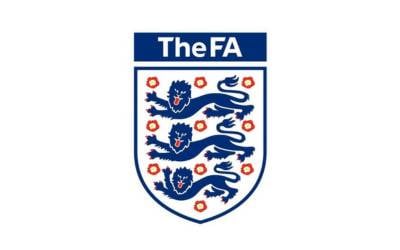

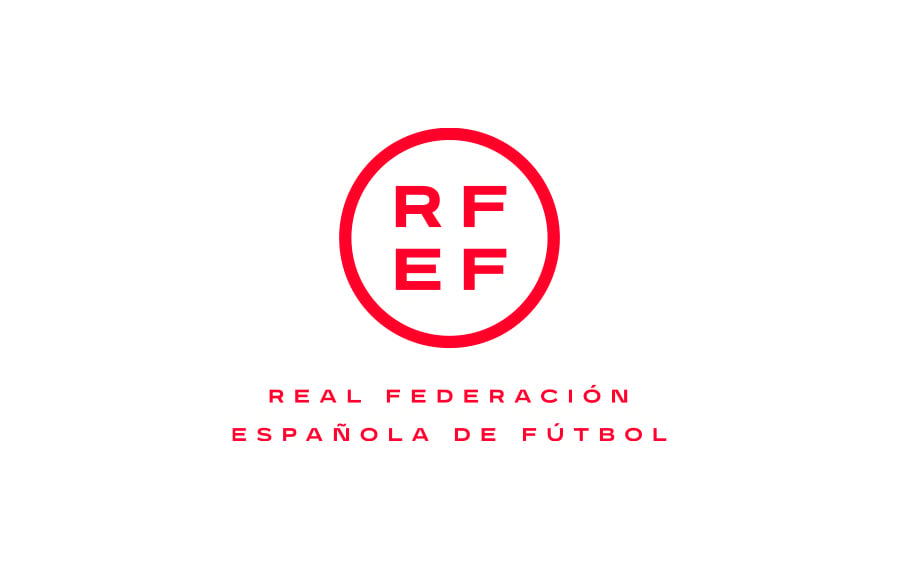

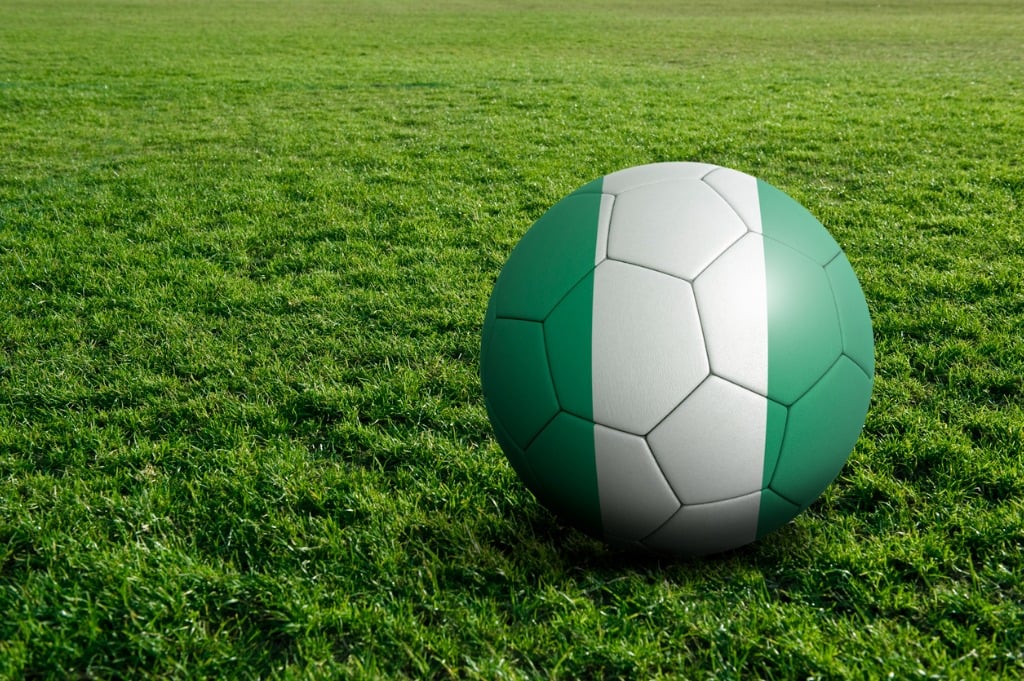
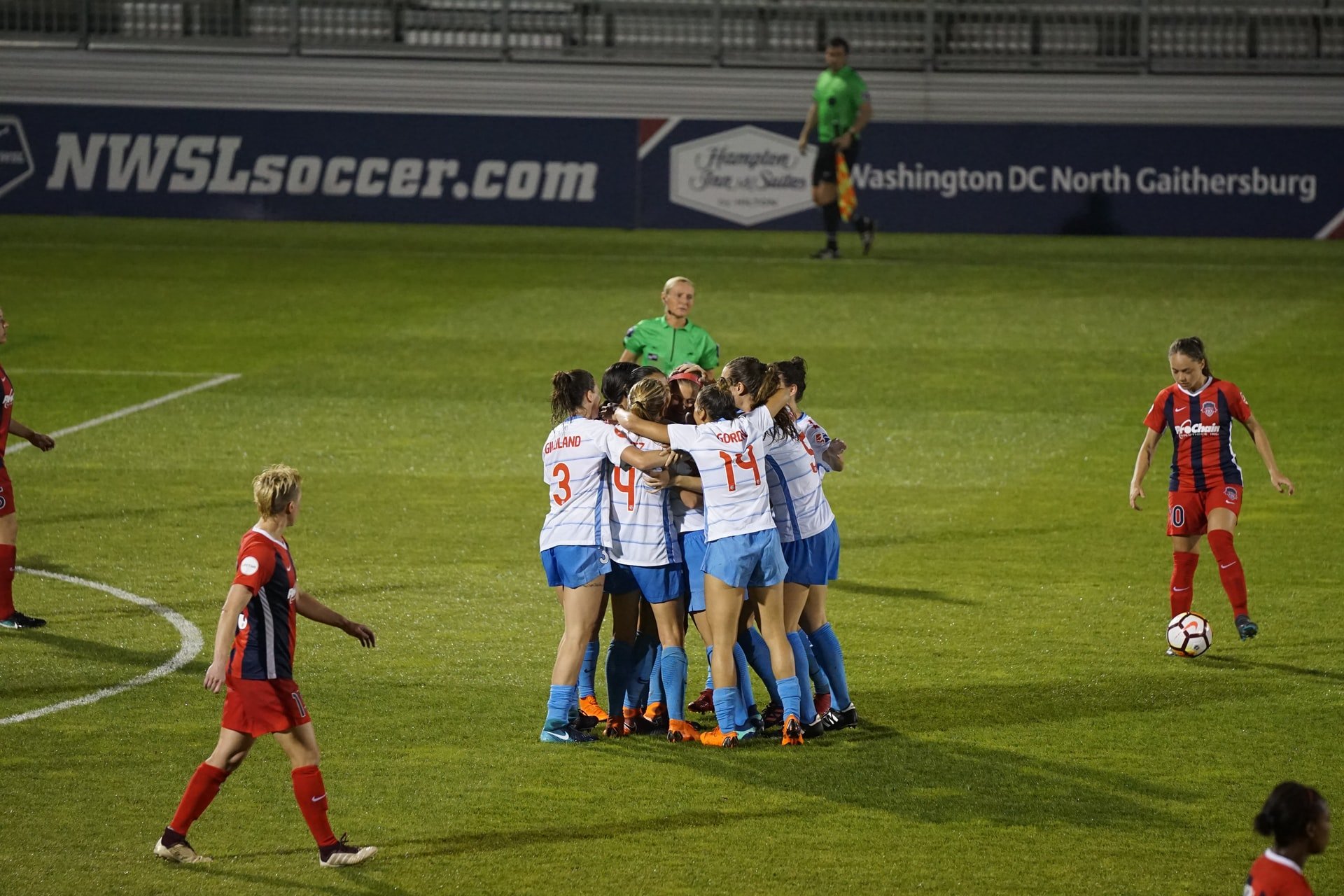
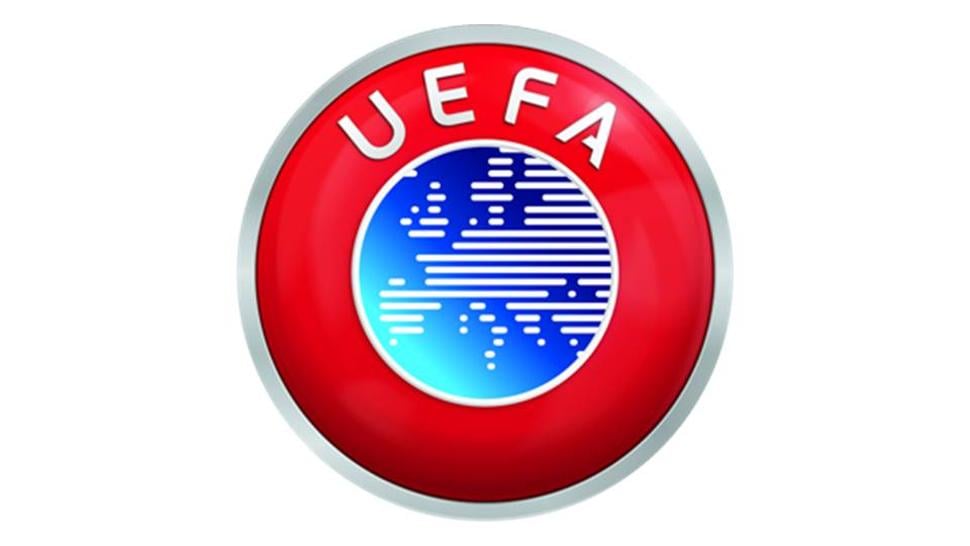
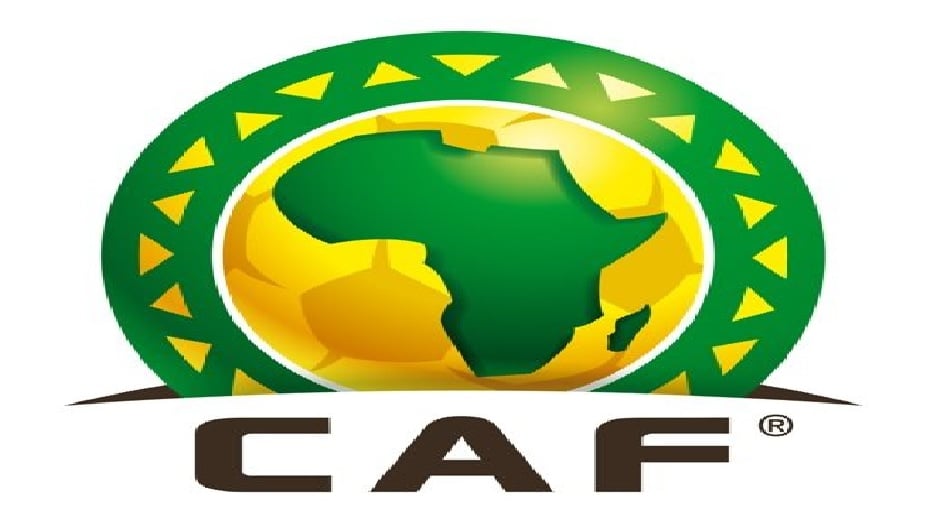
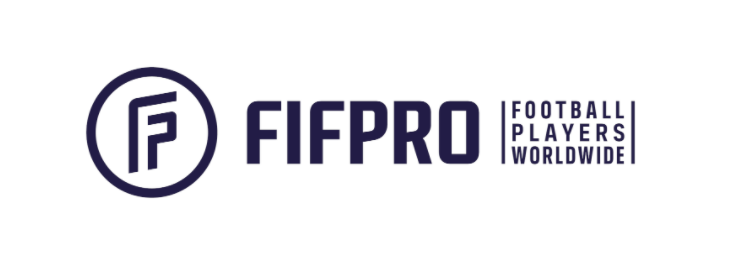


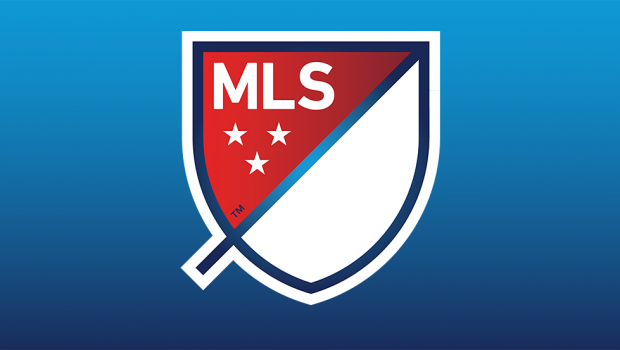
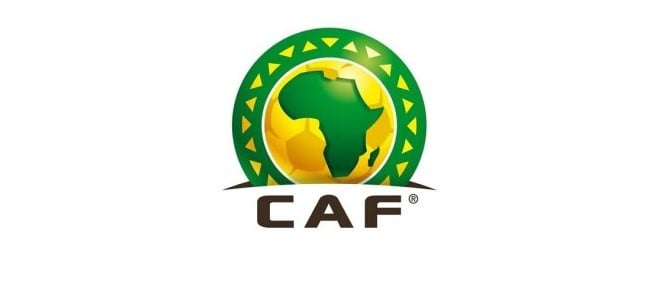
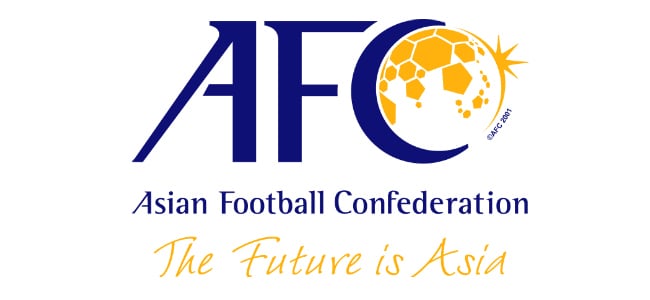
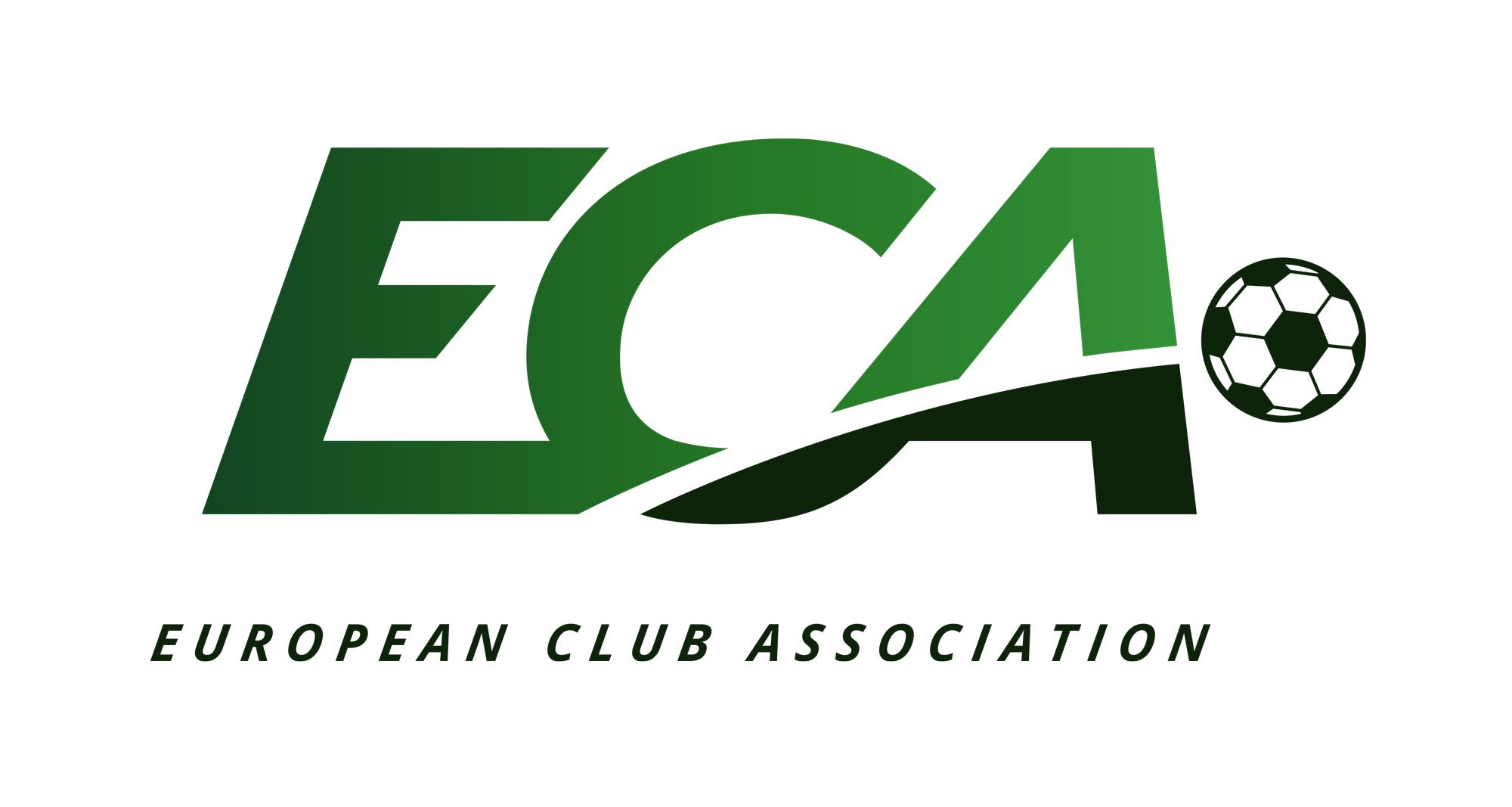

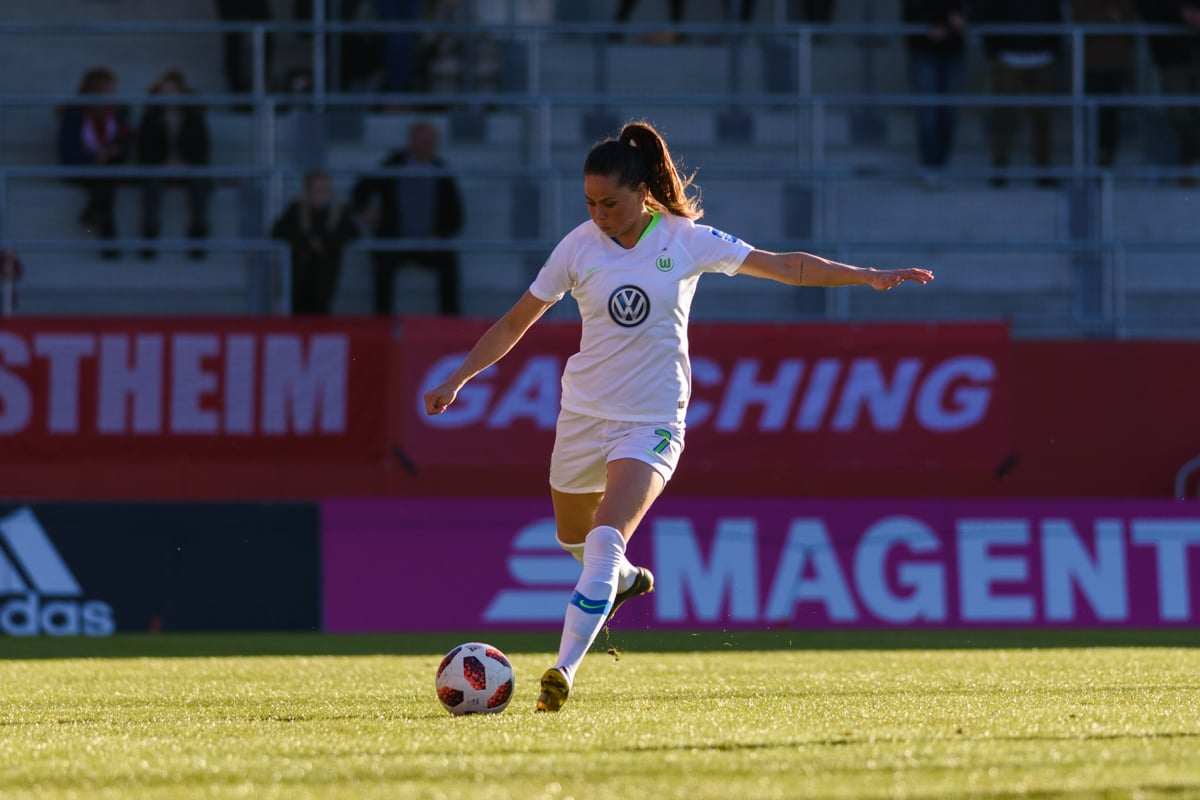


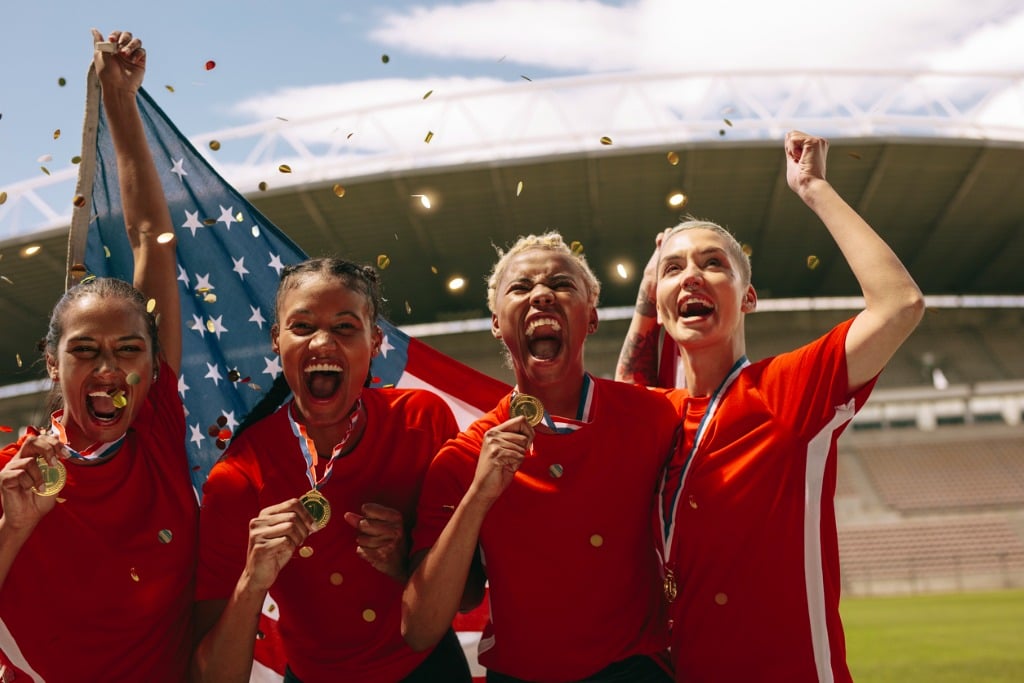


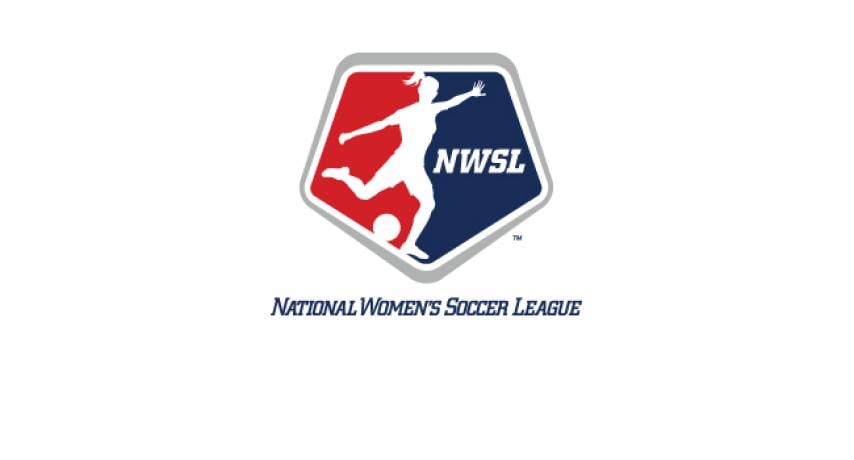


 Global Summit 2024
Global Summit 2024